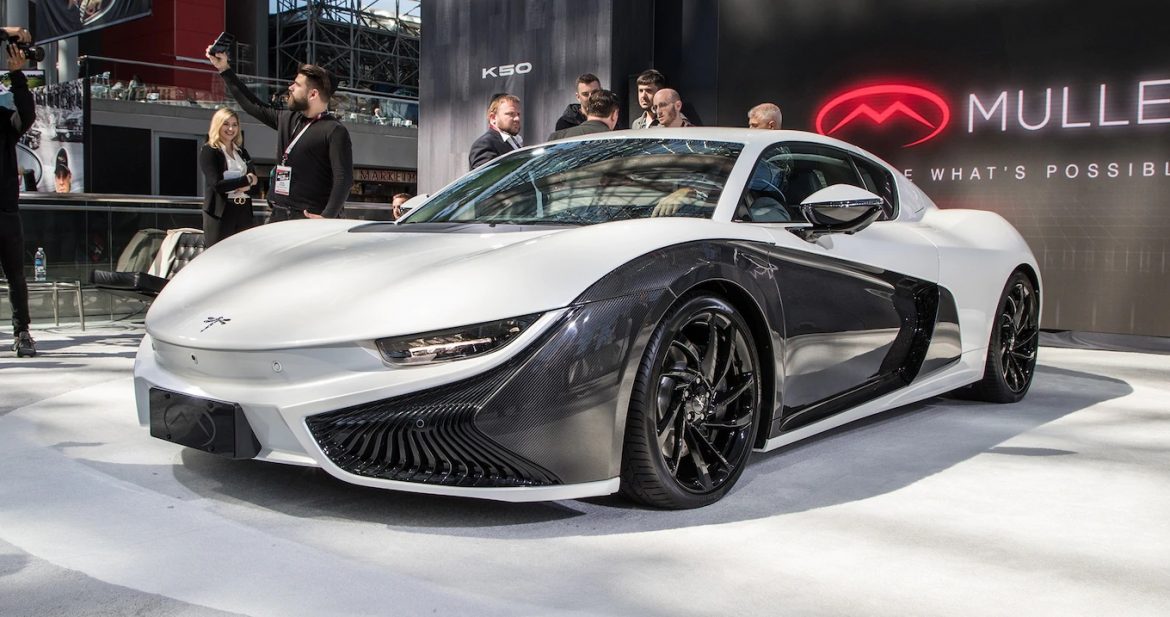Mullen Technologies, a Southern California based licensed electric vehicle manufacturer, announced their plans to produce their Qiantu K50 sports coupe in Spokane, Washington late last week.
According to Mullen, they intend to approve, assemble, and sell their upcoming electric sports car entirely in North America. Following the announcement, it was revealed that Mullen signed a letter of intent with the West Plains Airport Area Public Development Authority of Spokane, essentially asking them to construct a 1.3-million-square-foot facility that will be used to research, manufacture, and assemble the upcoming Qiantu K50. Mullen states that the facility will house approximately 55 jobs at startup with the potential for that number to grow to well over 850 by 2026 once the automaker introduces a variety of more mainstream models to North America.
David Michery, Mullen Founder & CEO, commented on the recent Qiantu K50 announcement, stating:
“We are thrilled to be finalizing this critical first step in bringing the Qiantu K50 by Mullen to North America. The response to the vehicle at the New York Auto Show was incredible and we can’t wait to get positive feedback once people actually drive this beautiful EV.”
Mullen went on to describe their electric sports car in their most recent press release, explaining:
“Flowing lines and sharp contours give the Qiantu K50 a fluid and beautiful design balanced by strength and presence. The all-aluminum frame with sculpted carbon-fiber body creates a lightweight vehicle for optimal performance. The stunning design paired with a 402-horsepower engine forms a truly unique vehicle primed for the exciting electrified future of the automobile. The flagship sports car has an NEDC range of 230 miles.”
Mullen Technologies claims that the Qiantu K50 will be able to accelerate from 0-60 mph in approximately 4.2 seconds with an electronically limited max speed of 125 mph. The vehicle will reportedly feature two motors capable of generating 402 horsepower as well as a 230-mile range thanks in part to its lighter lithium ion batteries.
Source: Mullen
